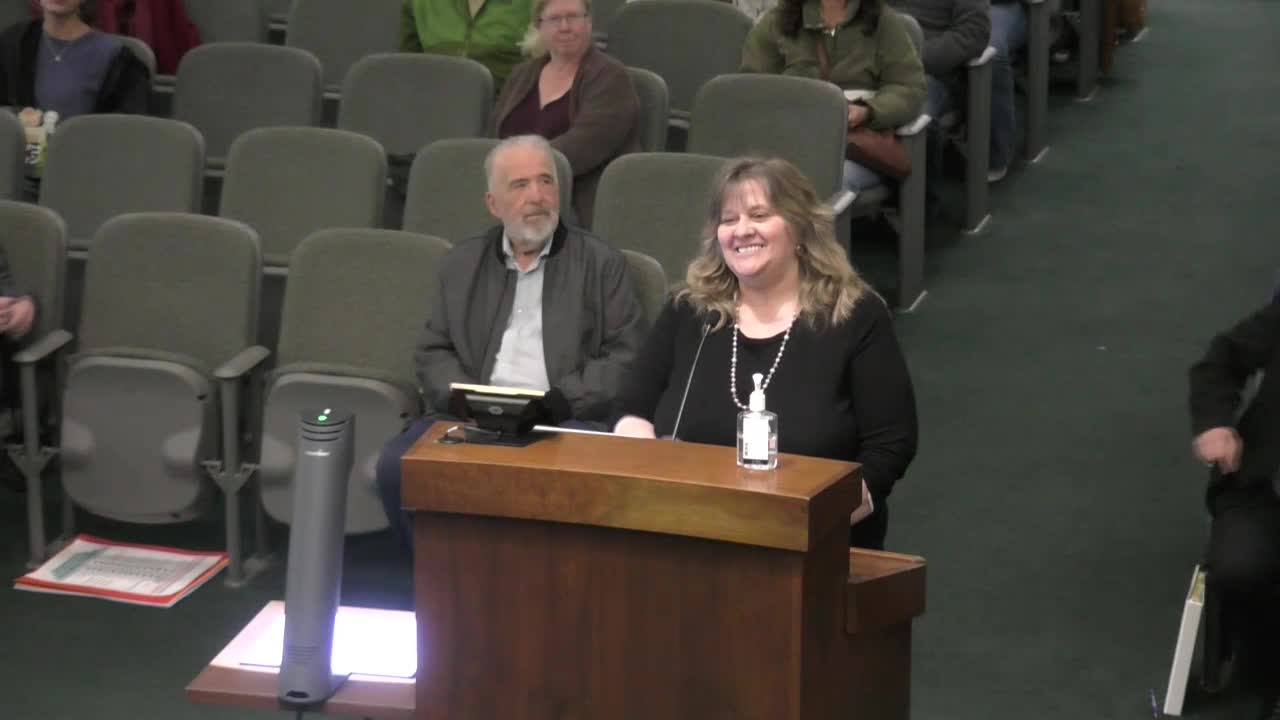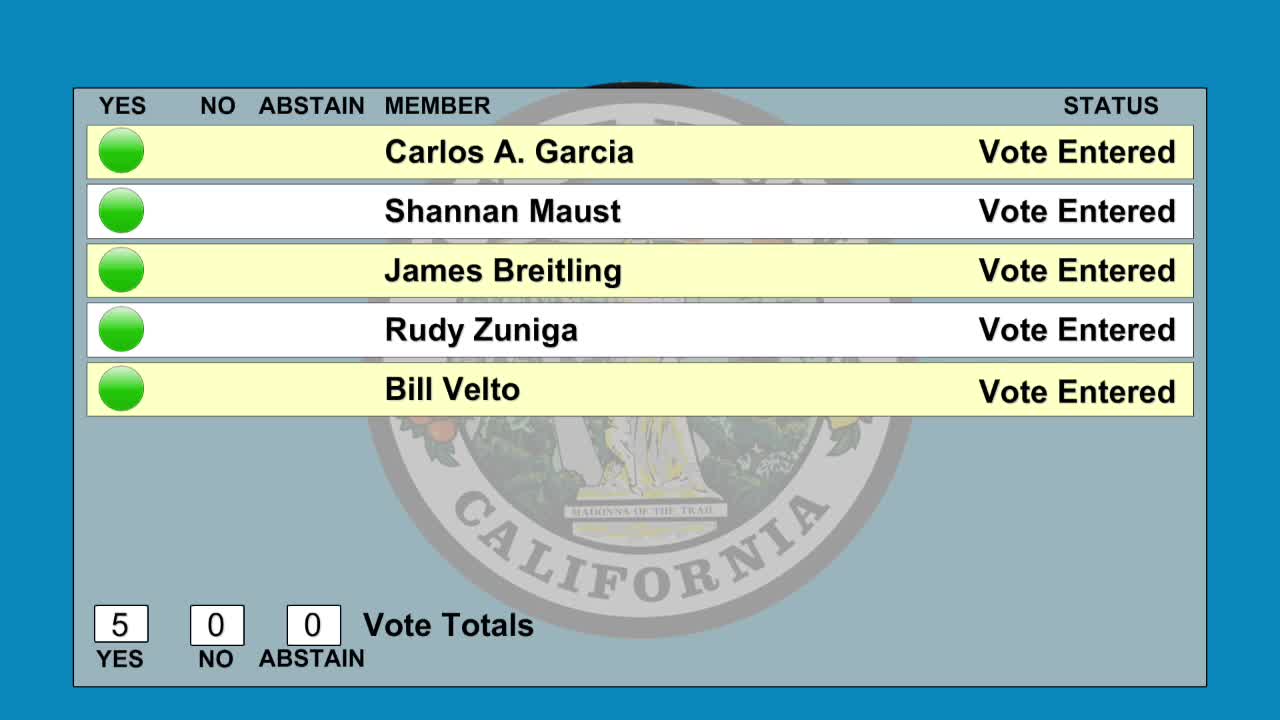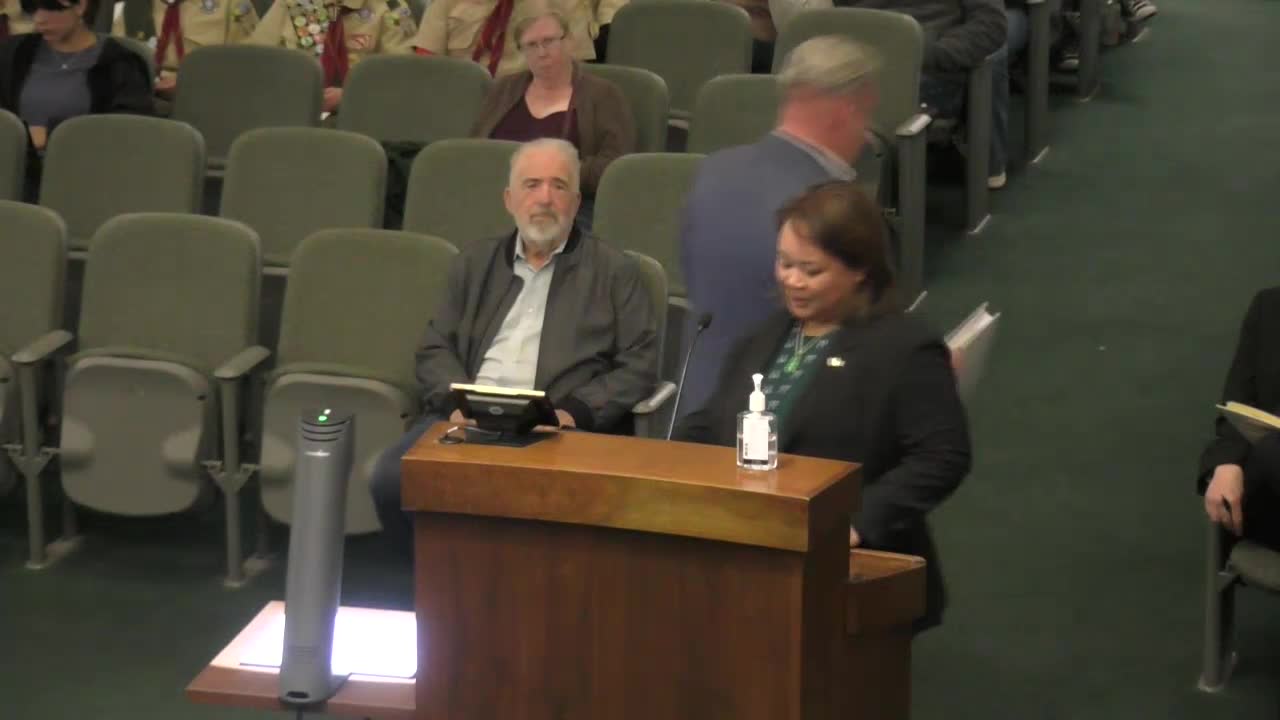Article not found
This article is no longer available. But don't worry—we've gathered other articles that discuss the same topic.

CASA of San Bernardino County highlights foster-youth mentoring, invites community to 'Have a Heart' event

Public Works committee proposes 15% solid-waste franchise fee, council to schedule public hearing; traffic speed survey proposes several limit changes

